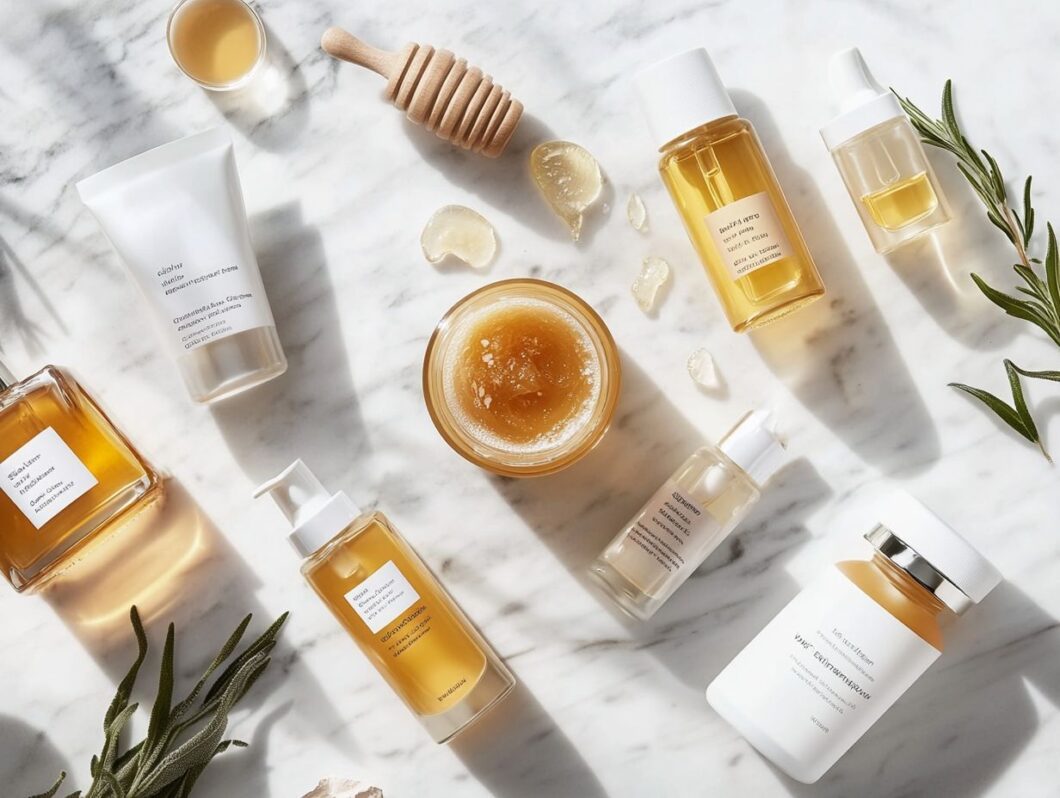My skin barrier plays a crucial role in protecting my skin from environmental stressors, allergens, and moisture loss. When it becomes compromised, I may experience a range of symptoms, from dryness to skin irritation. This article delves into the significance of barrier repair, enabling me to identify signs of damage and discover products that can restore my skin’s natural defenses. I will discuss key skincare ingredients to look for and provide tips on how to effectively integrate these solutions into my skincare routine for long-lasting results. Additionally, I’ll explore how my diet and lifestyle choices, as advised by dermatologists swear, can further support a healthy skin barrier.
Key Takeaways:
The Importance of Barrier Repair
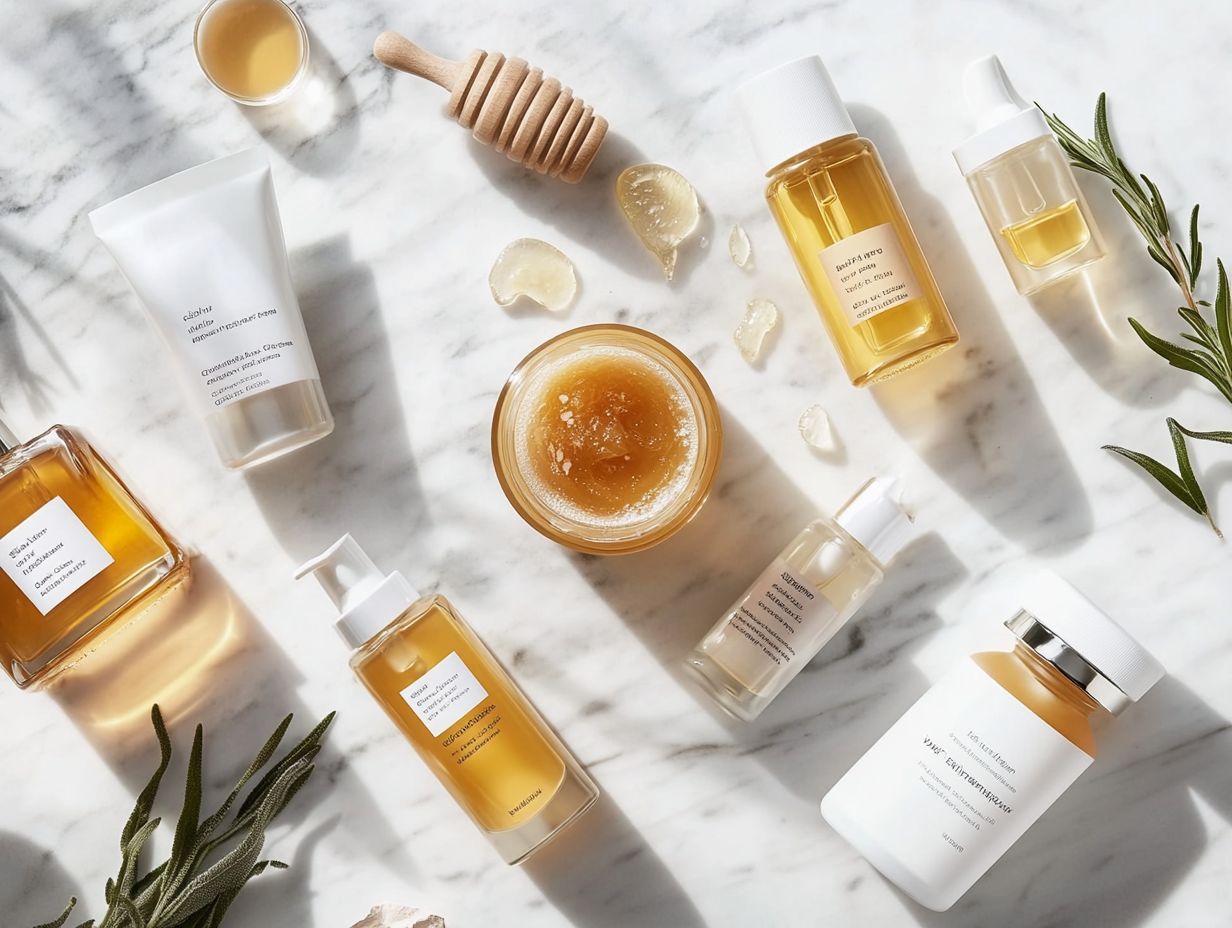
The importance of barrier repair in skincare is paramount, as a healthy skin barrier is essential for overall skin health. It plays a critical role in protecting against irritation, acne breakouts, and environmental stressors, often using dermatologist recommended products.
I have found that dermatologists, such as Dr. Azadeh Shirazi from La Jolla Dermatology in California, emphasize the necessity of barrier creams that contain moisturizing ingredients like hyaluronic acid and ceramides to effectively strengthen and repair the skin barrier.
Maintaining a consistent skincare routine that includes these key components is vital for anyone aiming for healthy, glowing skin, particularly for those with acne-prone or sensitive skin types, who might benefit from using ceramide-rich creams. For those interested in a comprehensive overview, this analysis by ScienceDirect covers the full spectrum of skin barrier functions and their importance.
Understanding the Skin Barrier
The skin barrier serves as a protective shield for the body’s largest organ, the skin, and plays a vital role in skin defense by preventing moisture loss and safeguarding against irritants and pathogens. Understanding the functions and significance of the skin barrier is essential for effective skincare and overall skin health.
This delicate yet resilient barrier consists primarily of lipids and proteins that work in unison to retain hydration and block environmental aggressors. I’ve observed that the health of the skin barrier can vary greatly across different skin types, such as oily, dry, and sensitive, each presenting its own unique challenges and needs.
For example, individuals with dry skin often encounter a compromised barrier, leading to increased trans-epidermal water loss, while those with oily skin may find it difficult to achieve a balance between hydration and excess sebum, suggesting the use of occlusive balm to lock in moisture. By recognizing these variations, I can tailor my skincare regimen to enhance the barrier’s function, ultimately promoting a hydrated, glowing, and irritation-free complexion, as detailed in a comprehensive guide by Everyday Health.
Signs of a Damaged Barrier
Identifying signs of a damaged skin barrier is crucial for me as I strive to maintain healthy skin.
Common symptoms I look for include redness, irritation, and an increase in acne breakouts.
When the skin barrier is compromised, it can lead to various skin conditions, such as inflammation and the development of fine lines, emphasizing the importance of skin barrier repair. For context, an in-depth guide by WebMD explores the critical aspects of skin barrier function and how to protect it.
Recognizing these warning signs early is essential for effective intervention and maintaining overall skin health.
Identifying Common Symptoms
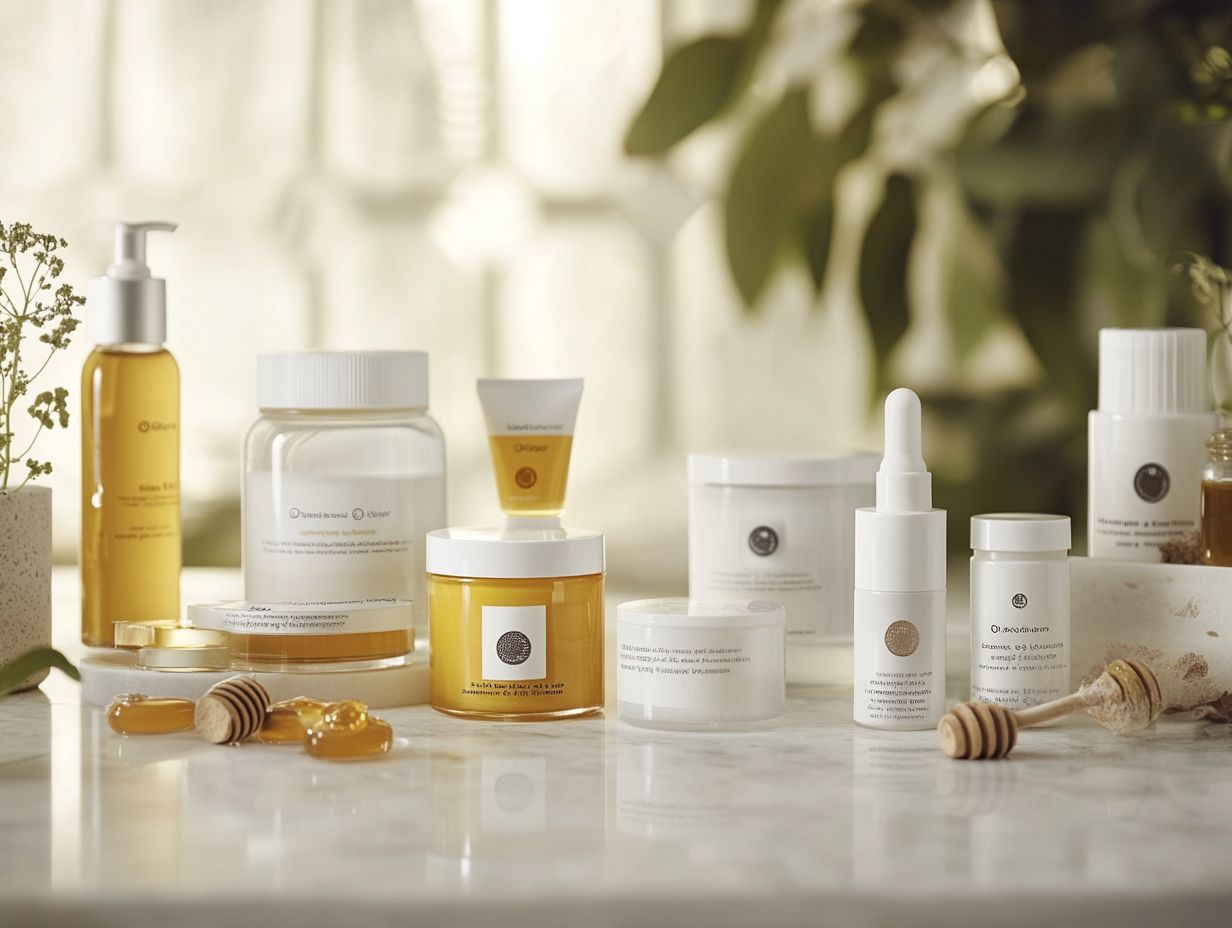
I have observed that common symptoms of a damaged skin barrier often include persistent skin irritation, noticeable redness, and flare-ups of acne breakouts, all of which can significantly impact my skin condition and overall appearance.
These issues typically arise when the skin’s barrier, serving as a protective shield against environmental stressors and allergens, becomes compromised. I may notice that my skin feels rough or sensitive to the touch, leading to discomfort.
These symptoms can manifest differently depending on individual skin types, such as dry or oily skin. For instance, with oily skin, I might experience increased acne along with excessive shine, while those with dry skin may notice more pronounced irritation and flakiness.
To effectively identify these symptoms, it is essential to observe how my skin responds to various products and environmental changes, possibly adjusting the beauty regimen accordingly. Utilizing gentle cleansers, avoiding harsh chemicals, and incorporating moisturizers with ceramides can aid in restoring my skin’s integrity, helping to reduce irritation and redness while promoting healing, as recommended by skincare experts.
Derm-Approved Products for Barrier Repair
In my practice, I recommend several products for repairing the skin barrier, emphasizing those with effective formulas that include key ingredients such as ceramides and specialized barrier creams designed for skin protection and hydration.
These dermatologist-approved products not only deliver moisture but also assist in restoring the barrier balance of the skin barrier. This makes them essential for individuals experiencing skin irritation or various conditions.
Top Recommended Products
I highly recommend several top products for barrier repair, including well-regarded options such as CeraVe, Skinfix, KraveBeauty, La Roche-Posay, and Dr. Jart+. These brands are known for their effective formulas that prioritize skin hydration and barrier support.
Each of these brands has developed innovative solutions tailored to various skin types and concerns. For example, CeraVe’s products feature essential ceramides and hyaluronic acid, which work together to restore the skin’s natural barrier while providing lasting moisture.
Skinfix is recognized for its rich blends of natural ingredients, including antioxidants and fatty acids, designed to soothe irritation and enhance elasticity.
Additionally, KraveBeauty takes a minimalist approach, focusing on nourishing ingredients that promote overall skin health without overwhelming the skin. La Roche-Posay often incorporates thermal spring water into its formulas, known for its calming properties, effectively addressing issues like redness and sensitivity.
Meanwhile, Dr. Jart+ combines science with aesthetically pleasing packaging, offering targeted solutions for compromised barriers, often enhanced with unique ingredients such as panthenol and propolis.
Incorporating these products into a daily skincare routine typically involves layering them after cleansing and toning, ensuring optimal absorption and effectiveness for a rejuvenated complexion, especially when following product recommendations.
Ingredients to Look for in Barrier Repair Products
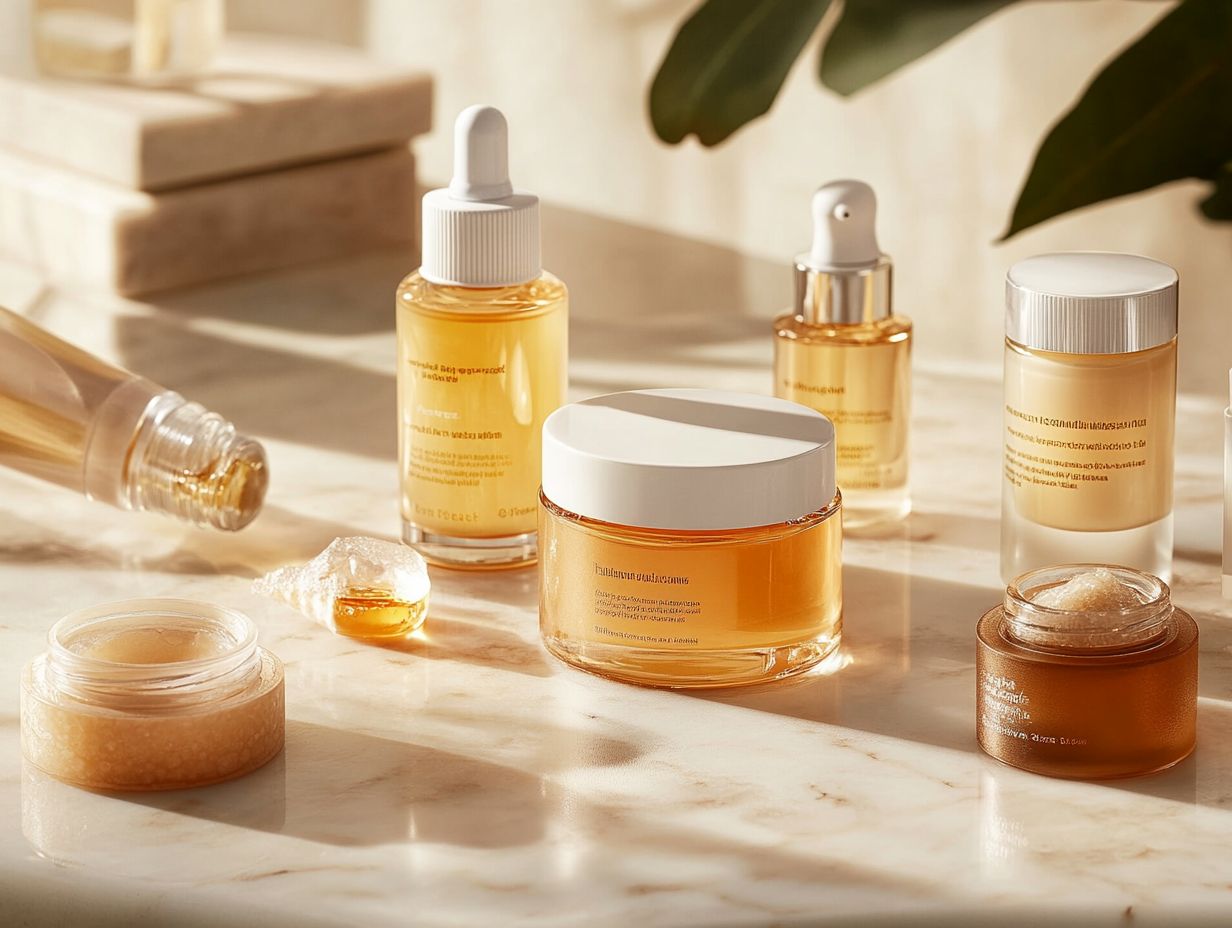
When I select barrier repair products, I focus on key ingredients such as hyaluronic acid, ceramides, niacinamide, and glycerin.
These components are well-known for their moisturizing properties and their effectiveness in supporting skin barrier repair. Additionally, I consider anti-inflammatory products, as they can help soothe irritation and promote overall skin health, as emphasized by ELLE magazine.
Key Ingredients for Strengthening the Skin Barrier
I recognize that key ingredients such as hyaluronic acid, ceramides, niacinamide, and glycerin are crucial for strengthening the skin barrier, providing essential moisture, and promoting overall skin health by enhancing barrier function.
Hyaluronic acid is particularly noteworthy for its remarkable ability to retain moisture in the skin. Research indicates that it can hold up to 1,000 times its weight in water, which helps keep the skin plump and adequately hydrated.
Ceramides, which are naturally occurring lipids in the skin, play an essential role in restoring the barrier by sealing in moisture and protecting against environmental aggressors. Dermatological studies support their efficacy in reducing transepidermal water loss, underscoring their importance in skincare.
Niacinamide, a form of vitamin B3, has been shown to boost keratin production and enhance barrier function, mitigating skin irritation. Findings suggest that it improves skin texture and elasticity, making it a valuable addition to any skincare regimen.
Finally, glycerin acts as a humectant, drawing water from the environment into the skin and further enhancing hydration levels. This helps ensure that the barrier remains resilient against dehydration and external stressors, as supported by various skincare studies.
Tips for Incorporating Barrier Repair into Your Skincare Routine
Incorporating barrier repair into my skincare routine is essential for maintaining healthy skin, combating skin barrier damage. I achieve this by selecting the appropriate moisturizing cream and following specific product recommendations that are designed to provide optimal skin protection.
How and When to Use Barrier Repair Products
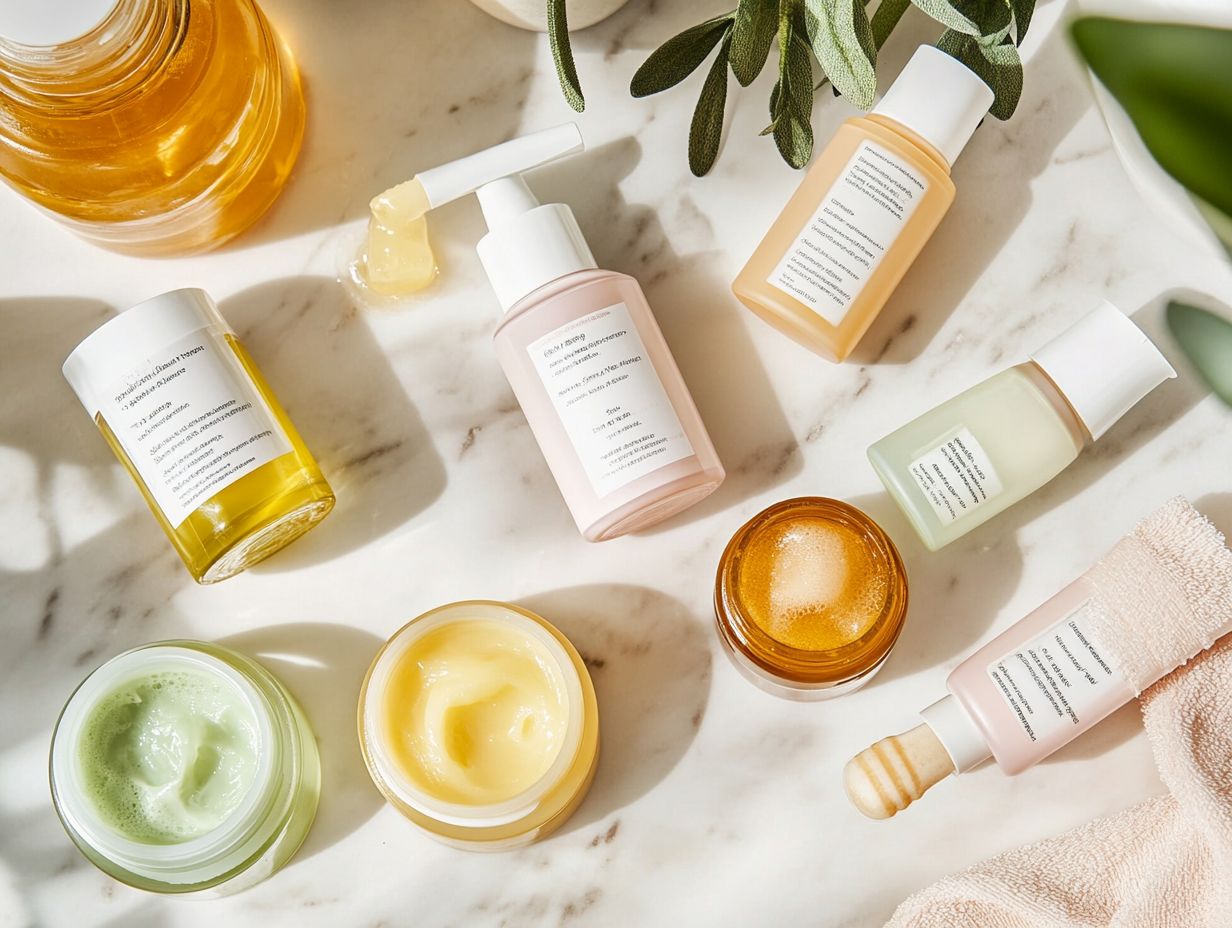
Understanding how and when to utilize barrier repair products is essential for maximizing their benefits. By incorporating them at the appropriate stage in my skincare routine, I can significantly enhance skin protection and hydration levels.
To achieve optimal results, I ensure that these products are applied as the final layer in my regimen, allowing them to effectively seal in moisture and safeguard my skin from external irritants. I start by cleansing and toning my skin, then proceed with serums or treatments that target specific concerns, such as acne or pigmentation.
The frequency of application typically aligns with the product’s instructions; however, I find that using barrier repair products daily or even twice a day can further strengthen my skin’s protective layer, particularly during harsh weather or after exposure to environmental stressors.
By being mindful of when I apply these products, I can enjoy a healthier, more resilient complexion while effectively addressing various skin issues, based on dermatologist recommended practices.
The Role of Diet and Lifestyle in Maintaining a Healthy Skin Barrier
I recognize that diet and lifestyle are vital factors in maintaining a healthy skin barrier, contributing to skin protection.
Proper hydration and nutrition, including using moisturizing products, are essential for supporting skin health and soothing skin inflammation, which can compromise the function of the skin barrier.
How Nutrition and Habits Affect Skin Care
I recognize that nutrition and lifestyle habits have a significant impact on skin health. A balanced diet rich in vitamins and minerals enhances hydration and reduces inflammation, which contributes to the overall integrity of the skin barrier.
According to dermatologists, I find that incorporating foods high in antioxidants, such as berries, nuts, and leafy greens, can yield positive results, while consuming processed foods may exacerbate skin conditions. For example, a recent case study showed that participants who transitioned to a Mediterranean diet experienced notable improvements in skin texture and hydration levels within just six weeks.
Along with my dietary choices, I understand that maintaining proper hydration is crucial. Adequate water intake supports skin elasticity and helps prevent dryness.
When combined with effective sun protection strategies, such as using broad-spectrum sunscreen brands like CeraVe, Skinfix, KraveBeauty, La Roche-Posay, and Dr. Jart+, I can foster a healthier complexion, ultimately leading to long-lasting skin vitality.


